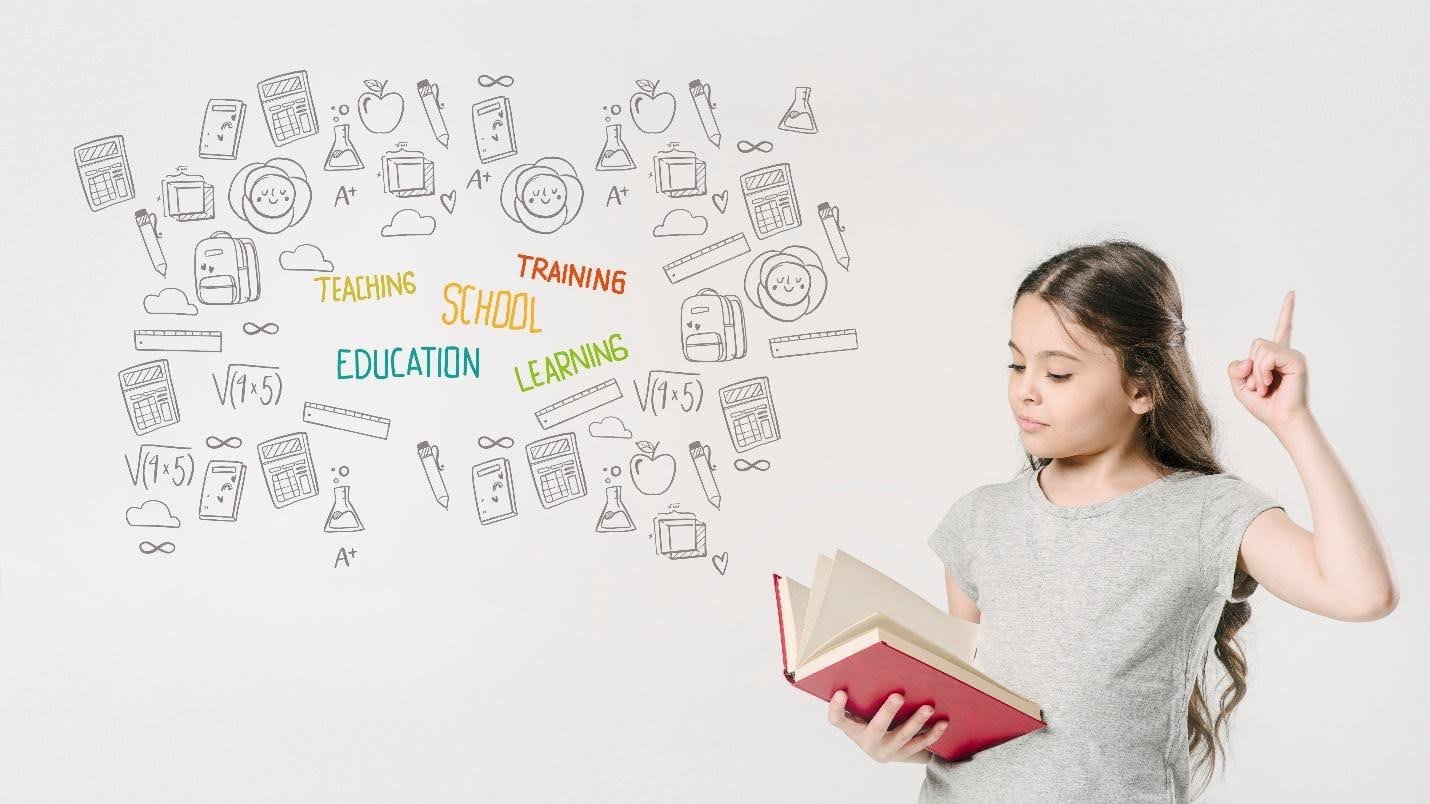Should Education Be Free?Exploring the Pros, Cons, and Global Perspectives
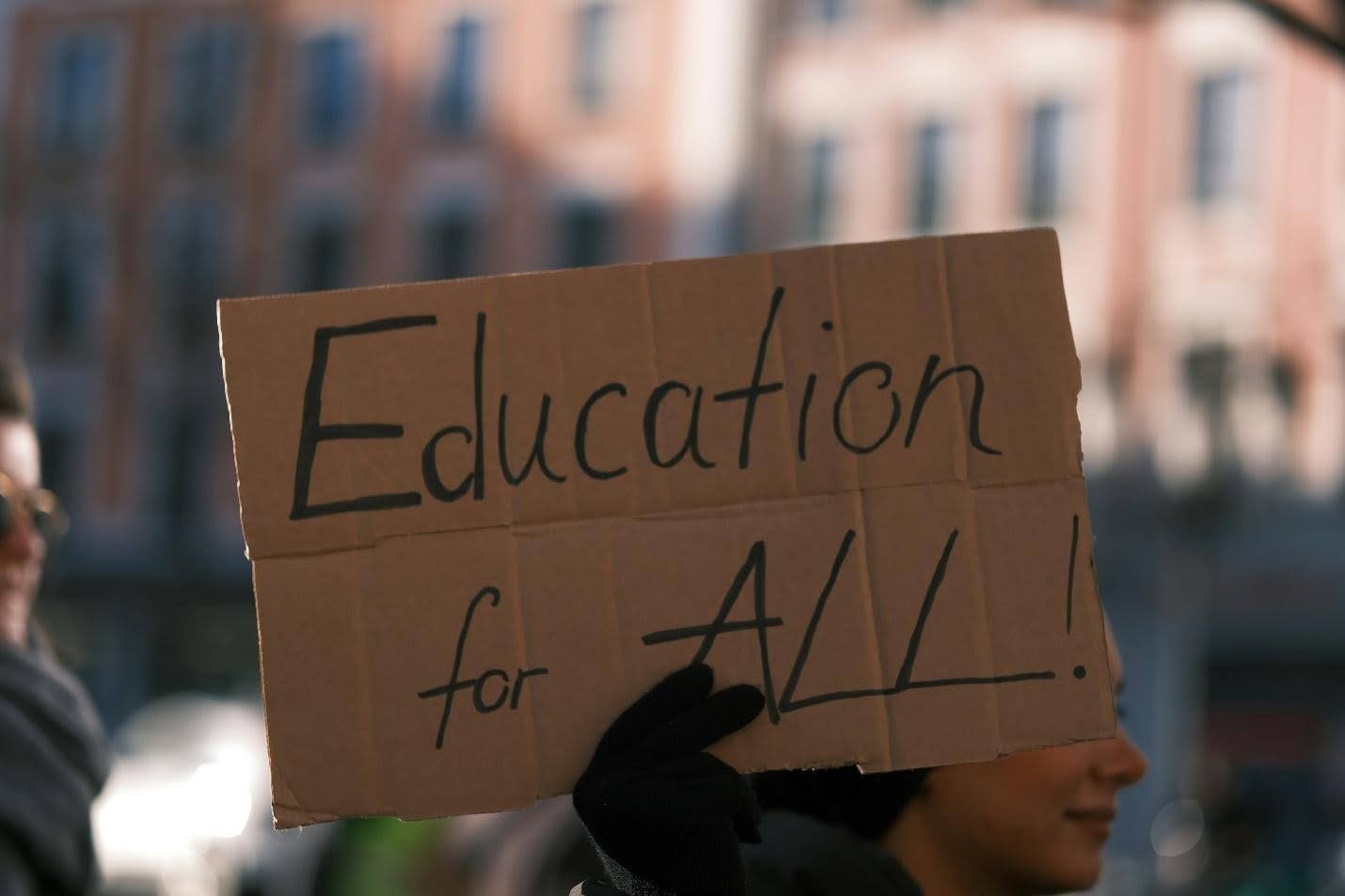
The question of whether education should be free has been a long-standing global debate. Advocates argue that free education is a fundamental human right, while critics highlight funding challenges and concerns about quality.
Table of Contents
ToggleAccording to UNESCO, education is a powerful tool for breaking cycles of poverty and driving sustainable development. Yet millions of children worldwide remain out of school due to financial barriers.
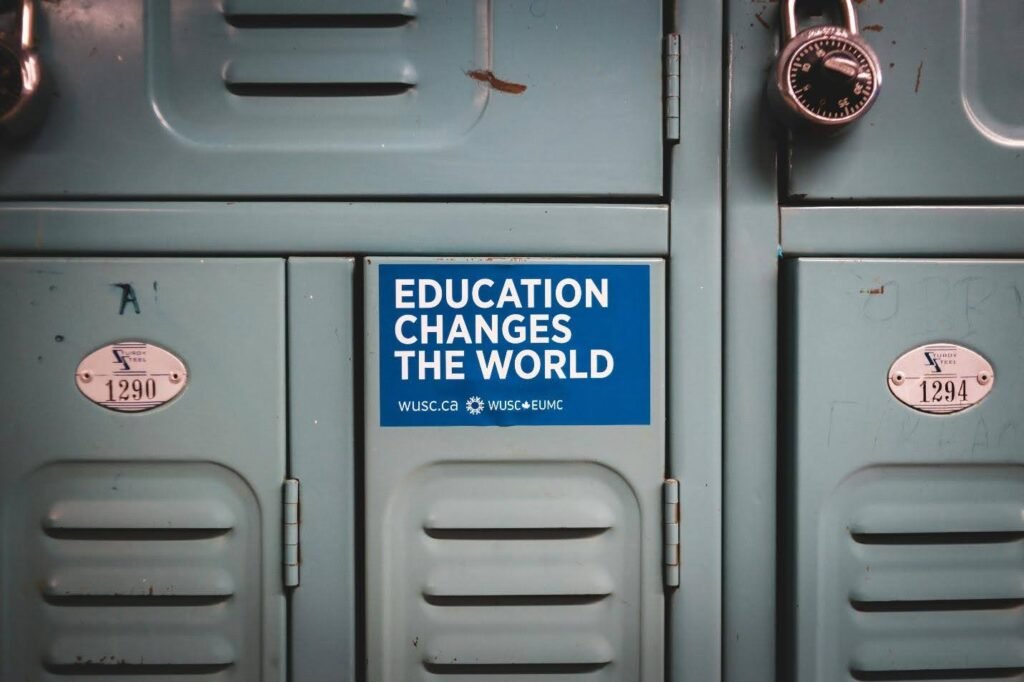
The Meaning of Free Education
Free education refers to removing tuition fees and related costs so that all individuals, regardless of financial status, can access learning opportunities. While some countries offer free primary and secondary education, debates continue around higher education, where tuition often remains high.
UNICEF stresses that free education must also include access to resources like textbooks, transportation, and digital learning tools to truly level the playing field.
Why Free Education Matters
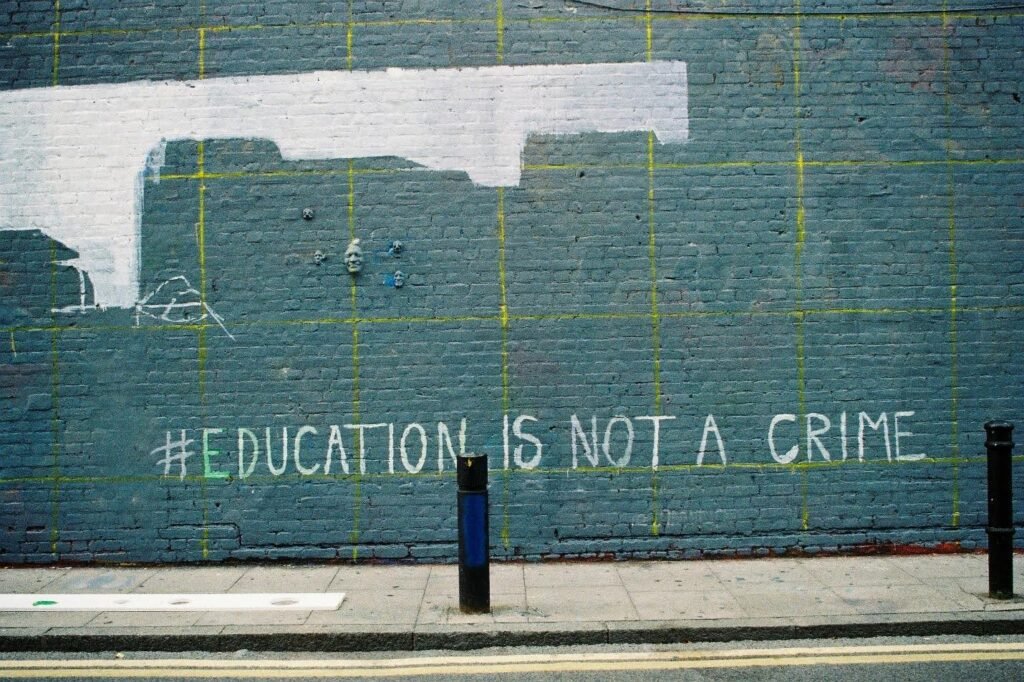
Free education matters because it:
– Promotes equal opportunities for all
– Reduces poverty and inequality
– Encourages economic growth through a skilled workforce
– Fosters social mobility
– Strengthens democracy and civic engagement
A report by the World Bank shows that every additional year of schooling can increase an individual’s earnings by up to 10%.
Arguments in Favor of Free Education
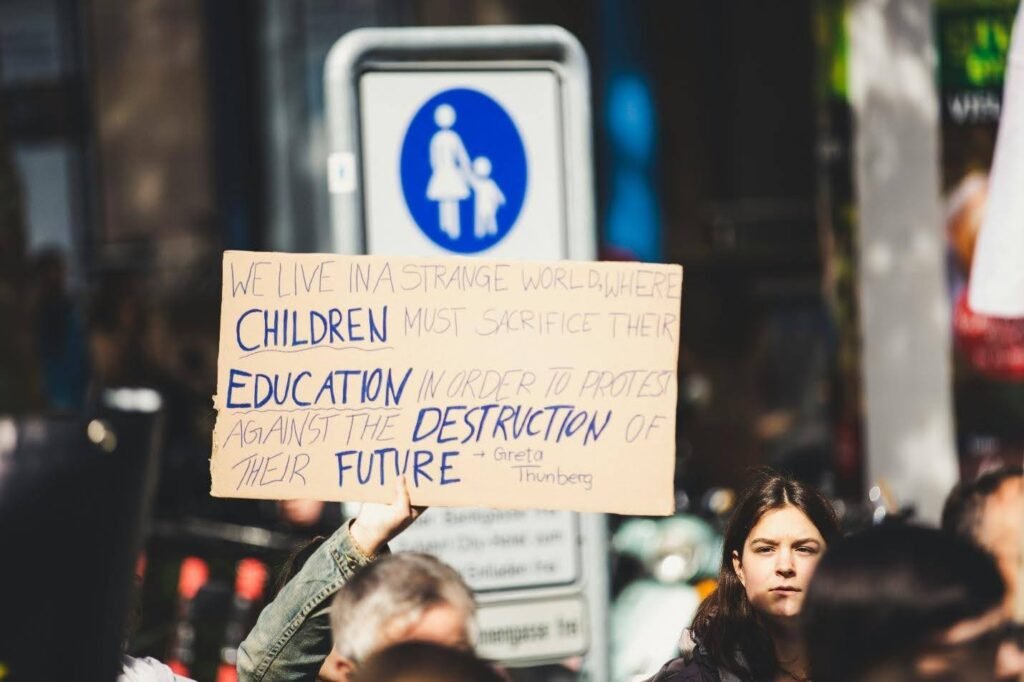
1. Education as a Human Right – Everyone deserves equal access to learning, as recognized in the Universal Declaration of Human Rights.
2. Economic Benefits – Free education creates a highly skilled workforce, leading to stronger economies.
3. Breaking Poverty Cycles – Families stuck in poverty can send their children to school without financial burden.
4. Global Competitiveness – Countries investing in free education, such as Finland, often outperform others in innovation and quality of life (Finland’s Education System).
Challenges of Free Education

Despite its benefits, free education faces obstacles:
– Funding issues – Governments need strong tax systems to finance free schooling.
– Overcrowded classrooms – Free education often leads to more students, reducing individual attention.
– Quality concerns – Without proper investment, free education can become low-quality.
– Brain drain – Educated individuals may migrate for better-paying jobs abroad.
According to Brookings Institution, free education policies must balance accessibility with sustainable funding and quality teaching standards.
Global Examples of Free Education

– Finland – Offers free education from primary to university, consistently ranking high in global education indices.
– Germany – Provides tuition-free higher education even for international students.
– Norway – Ensures free schooling with strong government support.
– Developing Nations – Countries like Kenya and Tanzania introduced free primary education, dramatically increasing enrollment but struggling with quality.
These examples highlight that while free education is possible, it requires strong governance and investment.
Impact of Free Education on Developing Countries

In developing nations, free education can be transformative. According to Save the Children, removing tuition fees in African countries doubled school enrollment rates.
However, without adequate teacher training, infrastructure, and resources, many schools still struggle to provide meaningful learning experiences.
Role of Technology in Reducing Costs

Technology has the potential to make free education more sustainable. Platforms like Coursera, Khan Academy, and edX provide free or affordable online courses, expanding access globally.
Digital classrooms, e-books, and open-source resources significantly reduce costs, making free education more achievable in both developed and developing regions.
Balancing Free Education and Quality

The biggest challenge is ensuring that free education does not compromise quality. Governments and institutions must:
– Invest in teacher training
– Improve infrastructure
– Provide modern learning resources
– Encourage public-private partnerships
– Ensure accountability in funding
Harvard Graduate School of Education emphasizes that equity and quality must go hand in hand for education to truly benefit society.
Conclusion: Is Free Education the Future?
So, should education be free? The evidence suggests yes—at least at the primary and secondary levels, where basic education is essential for every child. Free higher education can also be a powerful driver of innovation and equity if supported by strong government policies and funding.
Education is not just an expense; it is an investment in the future. Free education empowers individuals, strengthens economies, and creates fairer societies. As Nelson Mandela famously said, “Education is the most powerful weapon which you can use to change the world.”
If the world aims for sustainable development, then free, high-quality education must become a global priority.




